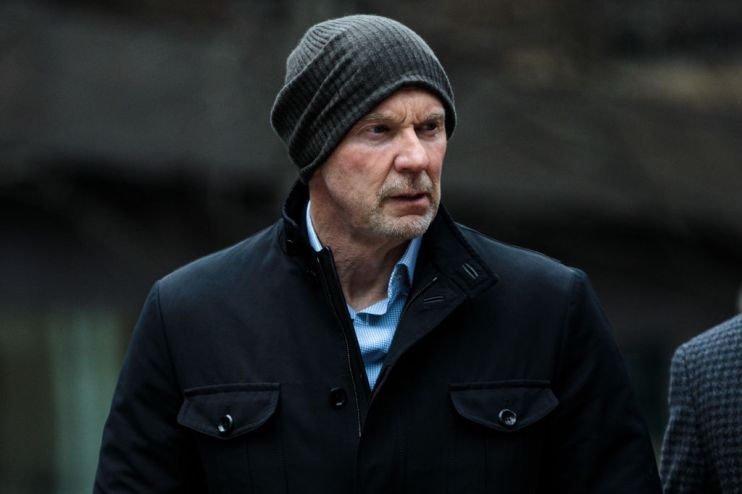Ex-Barclays banker says disputed Qatar agreement was ‘tremendous boost’

Former top Barclays banker Roger Jenkins told a fraud trial in London today that an agreement between the bank and Qatar characterised as a sham by prosecutors was actually a “tremendous boost”.
Jenkins, 64, was in the witness box at the Old Bailey as he stood trial for fraud alongside former top Barclays executives Thomas Kalaris, 64, and Richard Boath, 61.
The Serious Fraud Office accused the three of cooking up phoney advisory services agreements (ASAs) as a way to funnel £322m to Qatar to induce it to invest £4bn in the bank during two £11bn financial crisis fundraisings.
Read more: Ex-Barclays bankers accused of creating ‘smoke-screen’ to hide secret fees paid to Qatar
The court had previously heard evidence of the three struggling to come up with a way to get Qatar the 3.75 per cent commission demanded in return for its investment, eventually settling on an ASA, after ruling out other “inappropriate” schemes.
Jenkins said he quickly realised the value in the ASA as it not only gave Qatar what it had asked for in fees, but provided an opportunity for the bank to deepen its relationship with the gas-rich emirate.
It was a “tremendous boost for us to have an advisory agreement with someone like that,” he said.
“The Middle East is all about contacts and connections,” he said. “Qatar was extremely well-connected in the Gulf.”
Read more: Barclays execs feared jail over plan to pay hidden fees to Qatar, fraud trial hears
Jenkins was the bank’s link to Qatar, negotiating directly with Prime Minister Hamad bin Jassim and his top adviser Hussein Al Abdullah.
“From our side I can wax lyrical,” Jenkins said. But he also said the deal suited Qatar which was about to embark on a massive overseas spending spree.
“His [bin Jassim’s] aspiration at that time was that Qatar would spend £20-£30bn in five years in this country,” Jenkins said, noting Qatar’s investments in the Shard, Harrods, the US Embassy and Chelsea Barracks.
“Having a UK bank help him with that aspiration was extremely attractive,” Jenkins said.
The prosecution had dismissed the flimsiness of the ASAs as evidence they were simply vehicles to pay Qatar extra commission, but Jenkins said this reflected Middle Eastern business practice.
“The handshake is more important than the paper,” he said. “Without trust you don’t have anything, everything is built on trust.”
Jenkins, Kalaris and Boath deny wrongdoing.
The trial continues.